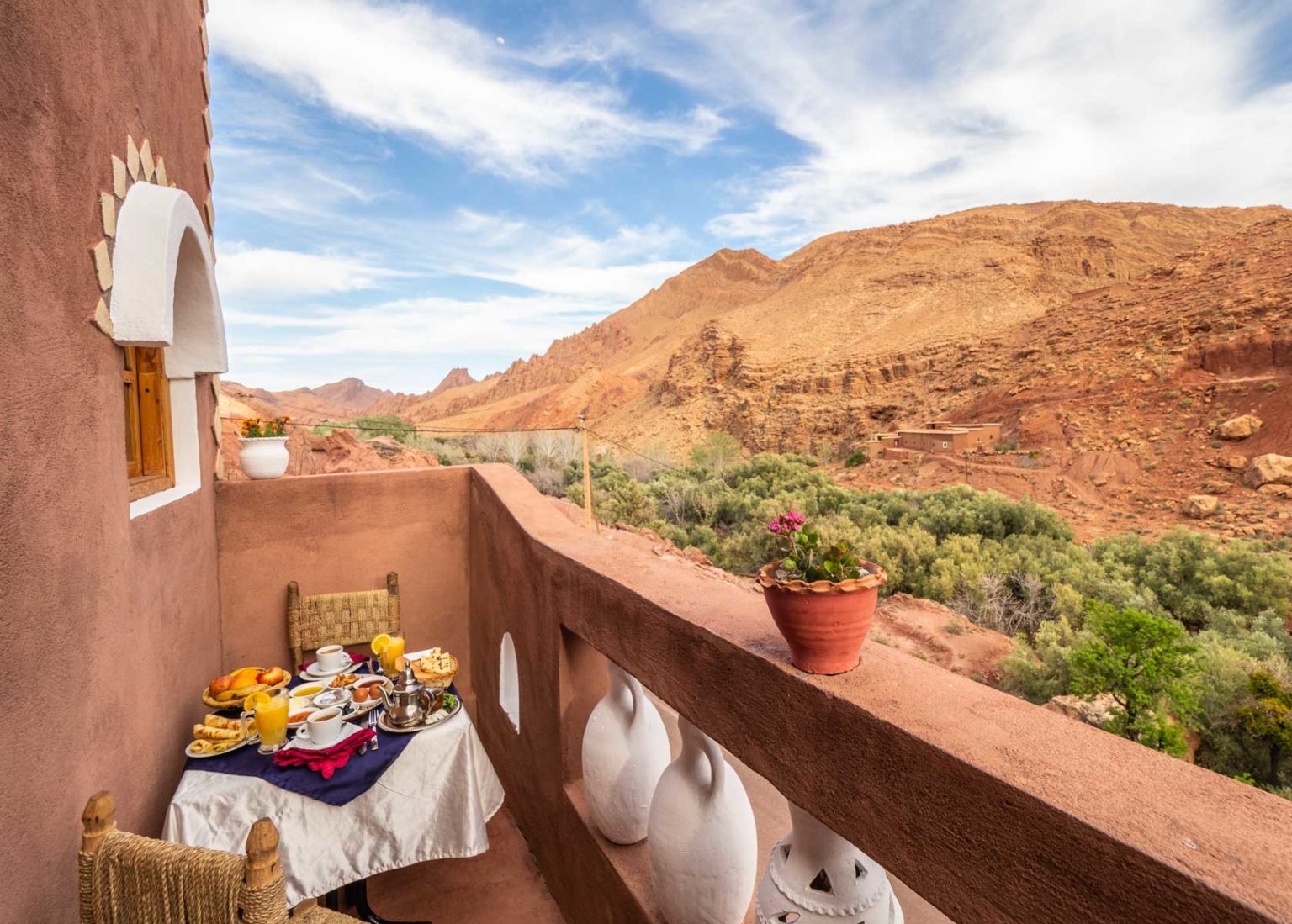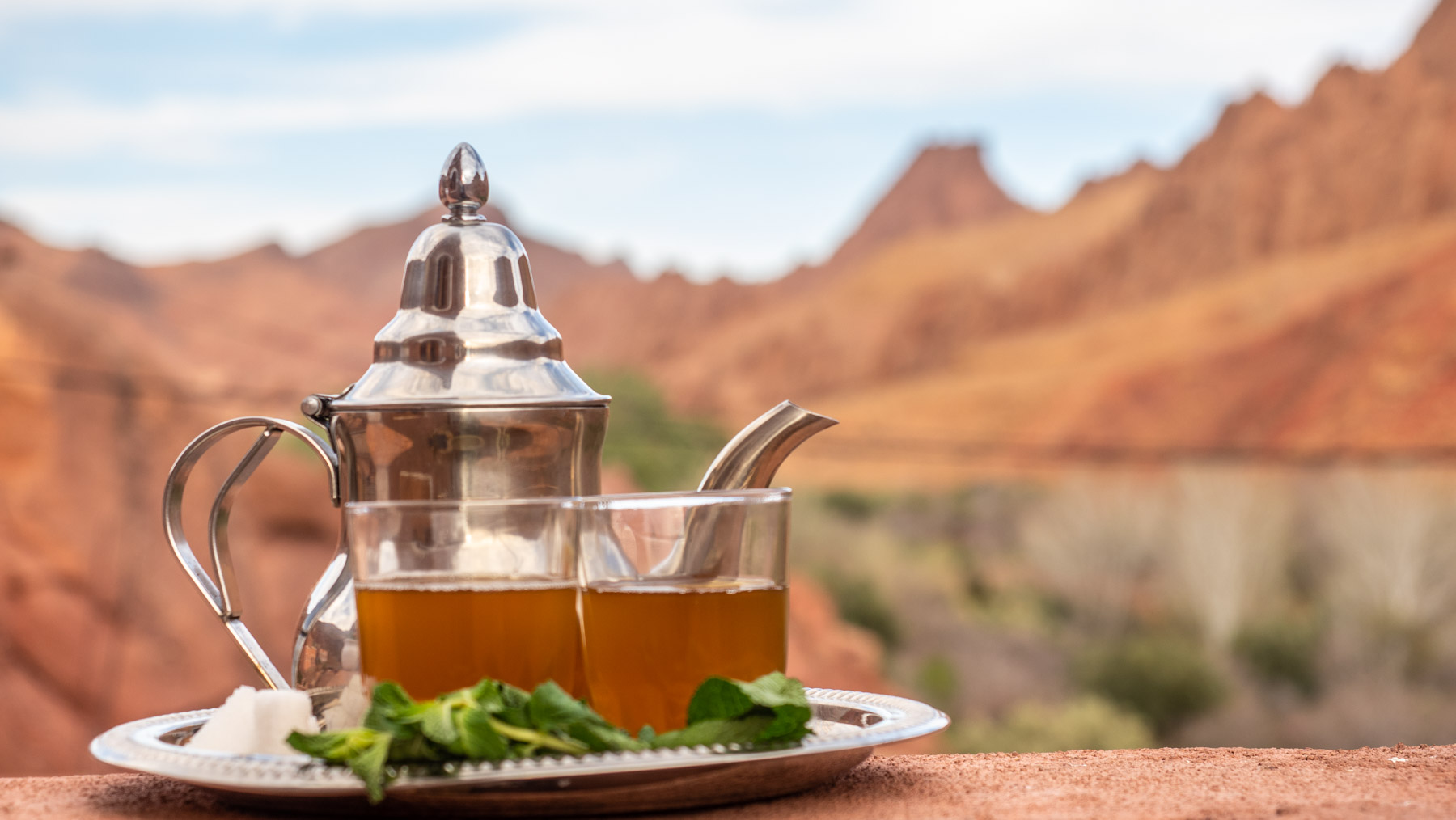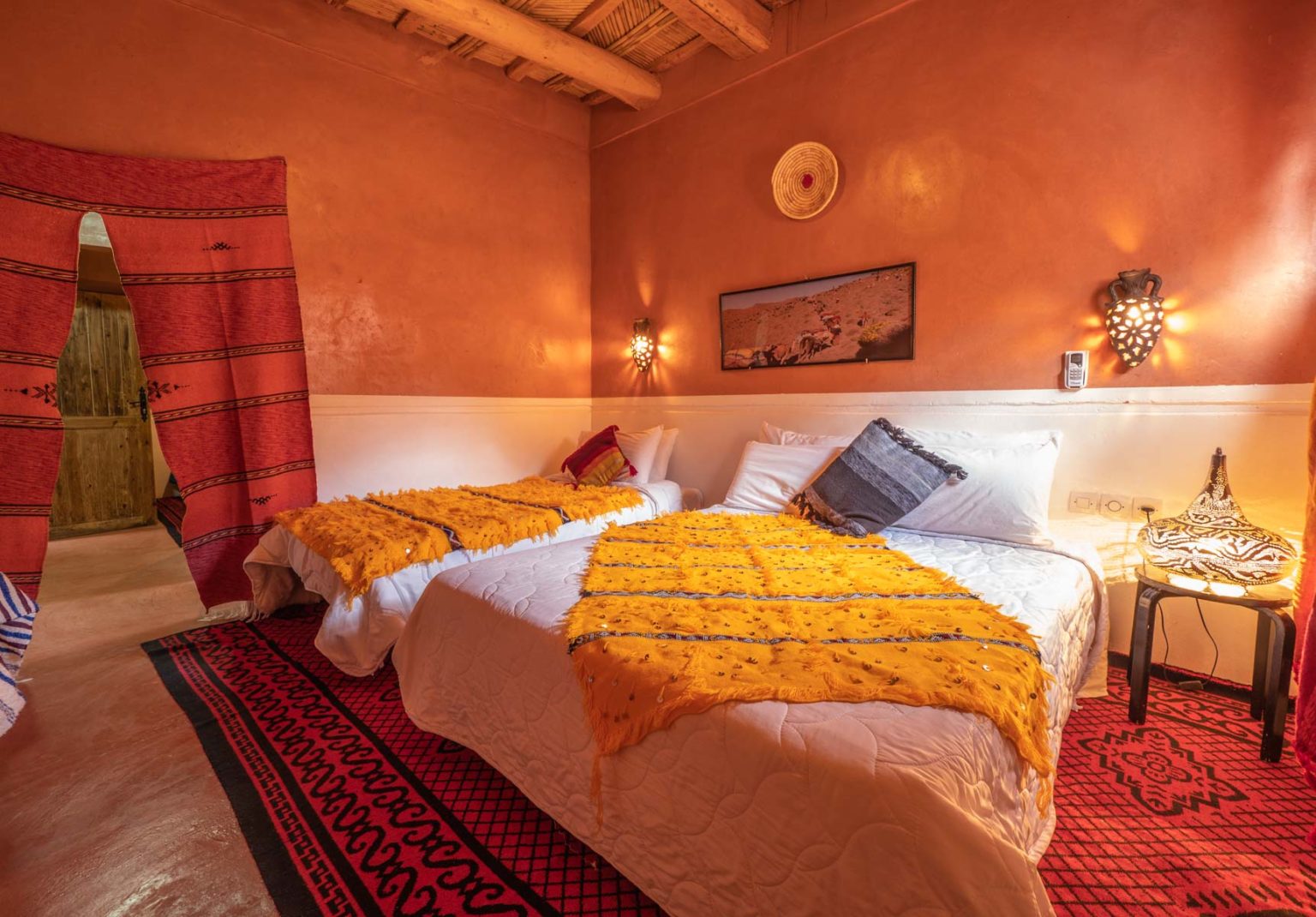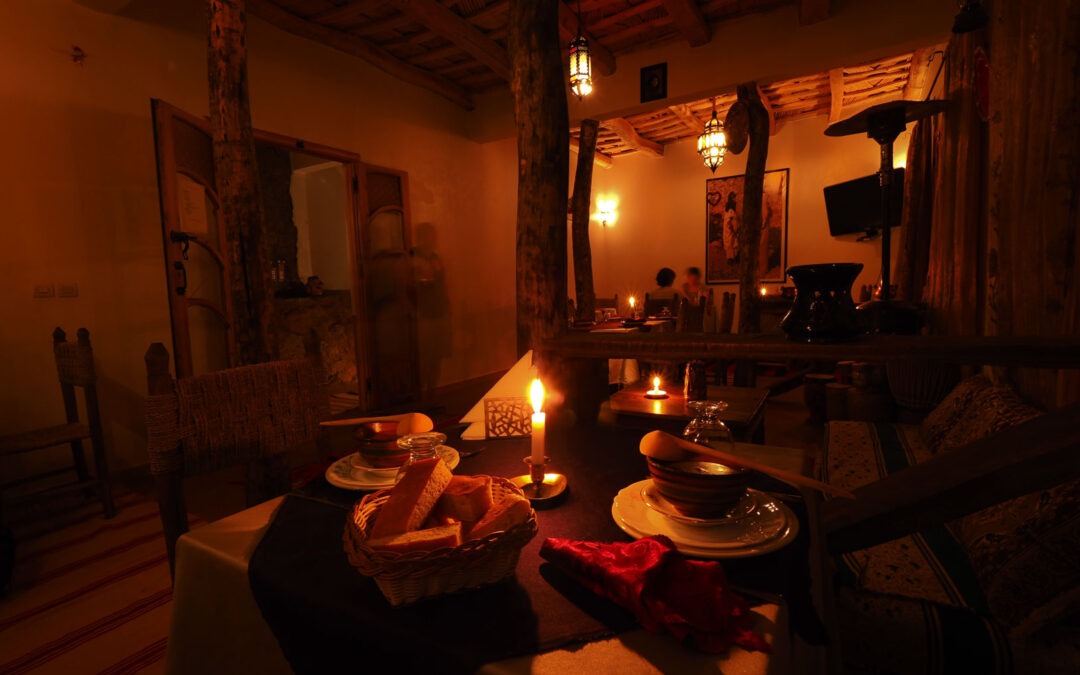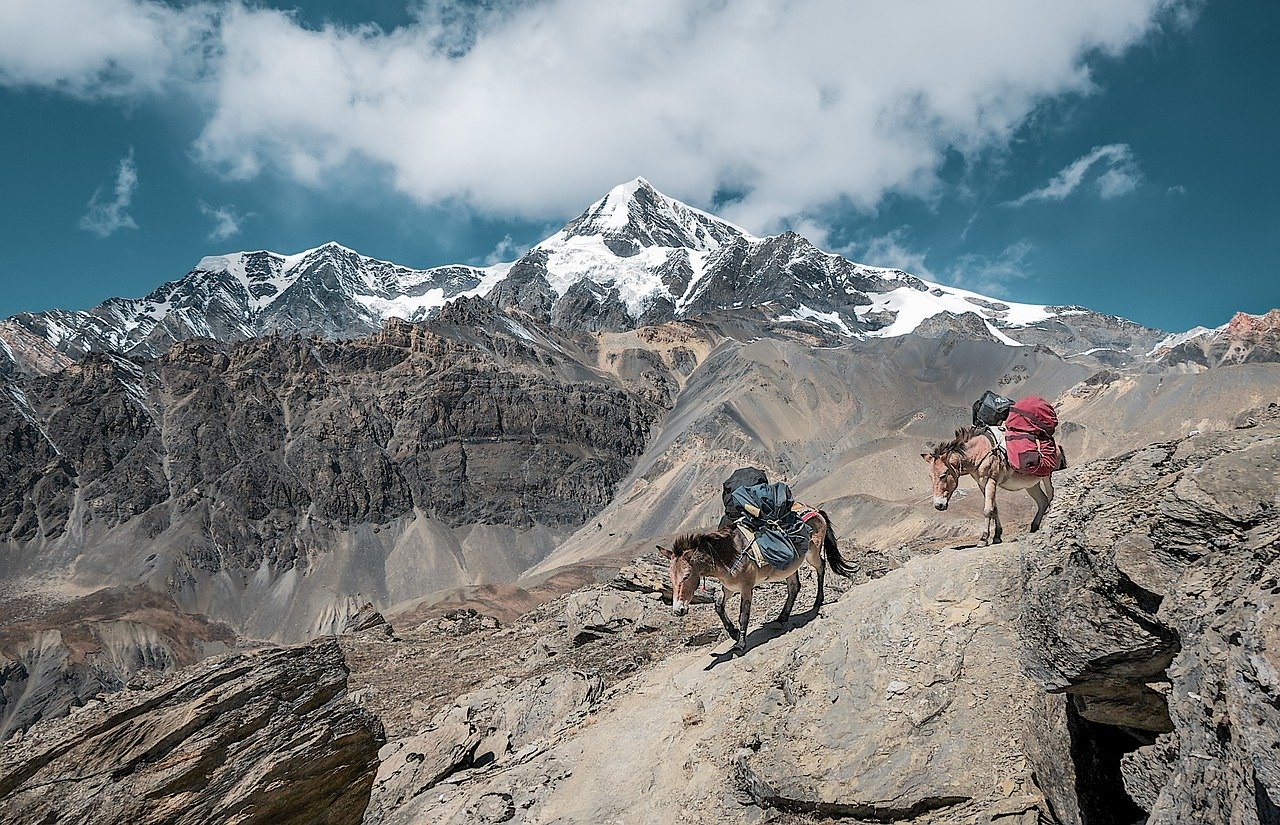
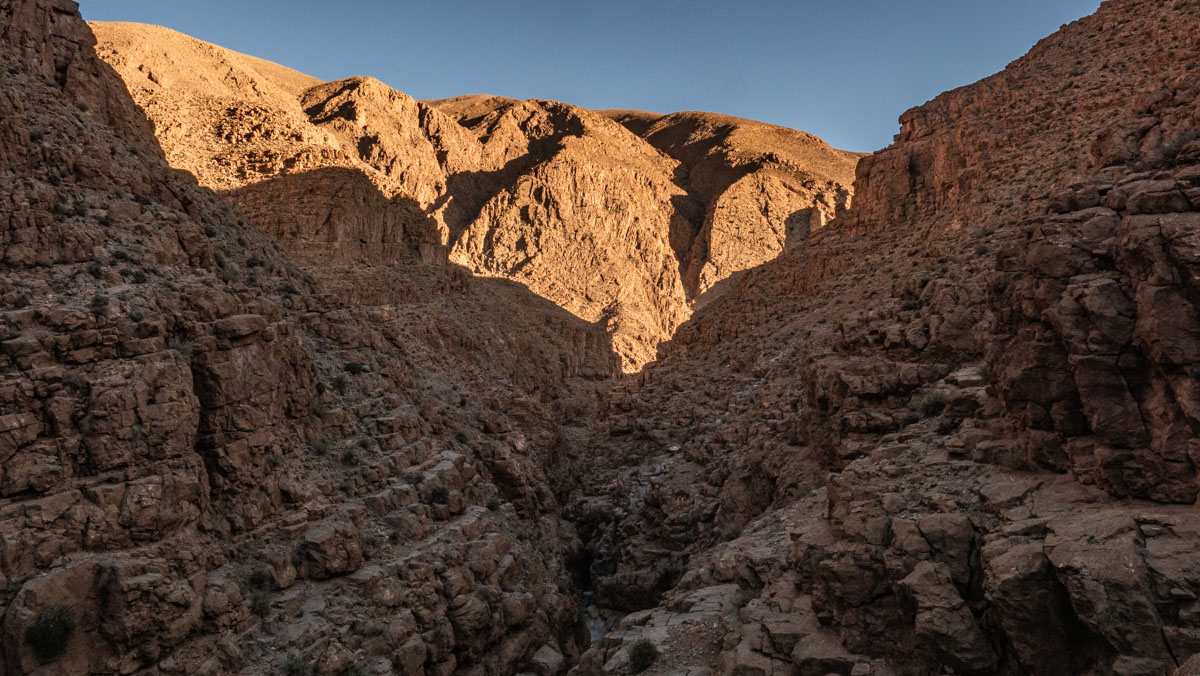
The Role of Music in Berber Rituals and Celebrations
When exploring the rich cultural tapestry of Morocco, one cannot overlook the captivating role that music plays in Berber rituals and celebrations. The Berber people, indigenous to North Africa, have a deep-rooted musical tradition that infuses their ceremonies with a sense of spirituality, community, and joy. In this article, we will delve into the significance of music in Berber culture, particularly in the context of rituals and celebrations, shedding light on its importance and impact.
The Importance of Music in Berber Culture
Music holds a revered place in Berber society, serving as a means of connecting with the divine, expressing emotions, and strengthening social bonds. In Berber rituals and celebrations, music serves as a powerful tool for invoking spiritual energies, fostering unity among community members, and marking significant life events.
The Spiritual Dimension of Berber Music
Within Berber rituals, music is believed to have the ability to transcend the physical realm and connect participants with the spiritual world. Through rhythmic drumming, melodic chants, and hypnotic dances, Berber musicians create an immersive experience that transports individuals to a heightened state of consciousness, allowing them to commune with ancestors, spirits, and deities.
Celebratory Music in Berber Festivals
During festive occasions such as weddings, harvest festivals, and religious ceremonies, Berber music takes on a celebratory tone, infusing the atmosphere with joy, exuberance, and vitality. Traditional instruments like the bendir, a frame drum, and the guembri, a three-stringed lute, accompany lively songs and dances that reflect the cultural heritage and collective identity of the Berber people.
The Role of Music in Berber Weddings
One of the most significant events in Berber culture is the wedding ceremony, where music plays a central role in the festivities. The ululations of women, the rhythmic beats of drums, and the melodious tunes of flutes create a vibrant soundscape that accompanies the couple throughout their journey to marital union, symbolizing love, fertility, and prosperity.
Music as a Cultural Marker
Beyond its spiritual and celebratory functions, music in Berber rituals and celebrations serves as a cultural marker that distinguishes the Berber people from other ethnic groups in Morocco. The unique rhythms, scales, and lyrics of Berber songs reflect the history, values, and worldview of this ancient community, preserving their heritage for future generations.
The Legacy of Berber Music
As Morocco continues to modernize and globalize, the legacy of Berber music faces challenges in maintaining its authenticity and relevance. However, initiatives such as the Auberge Atlas Dades, a cultural center dedicated to preserving Berber traditions, play a vital role in safeguarding this musical heritage and promoting its continued practice among Berber communities.
In conclusion, the role of music in Berber rituals and celebrations is a testament to the enduring cultural vibrancy and spiritual depth of the Berber people. Through music, they express their connection to the land, the ancestors, and the divine, creating a harmonious tapestry of sound that resonates with the soul. As travelers immerse themselves in the music of the Berbers, they embark
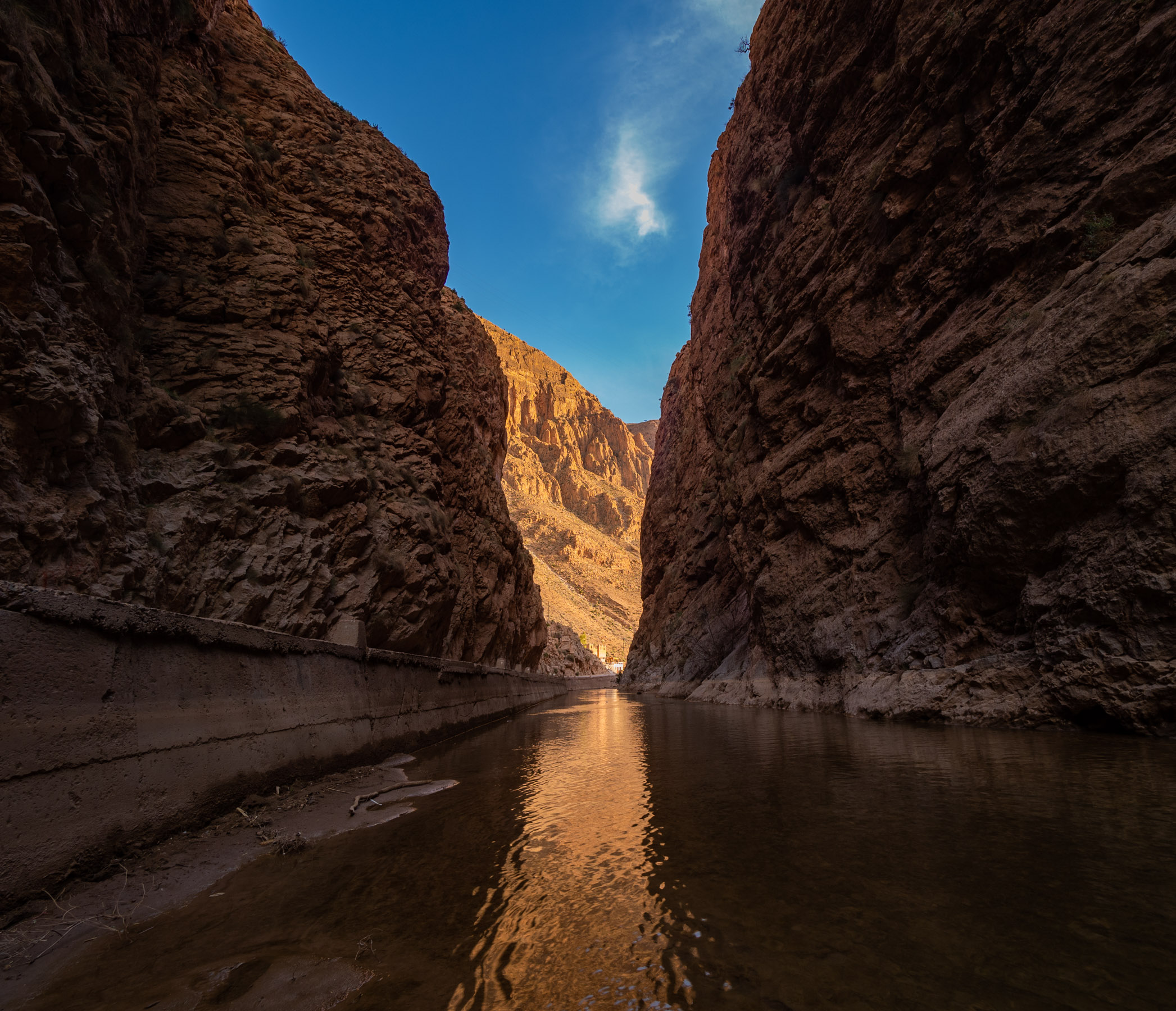
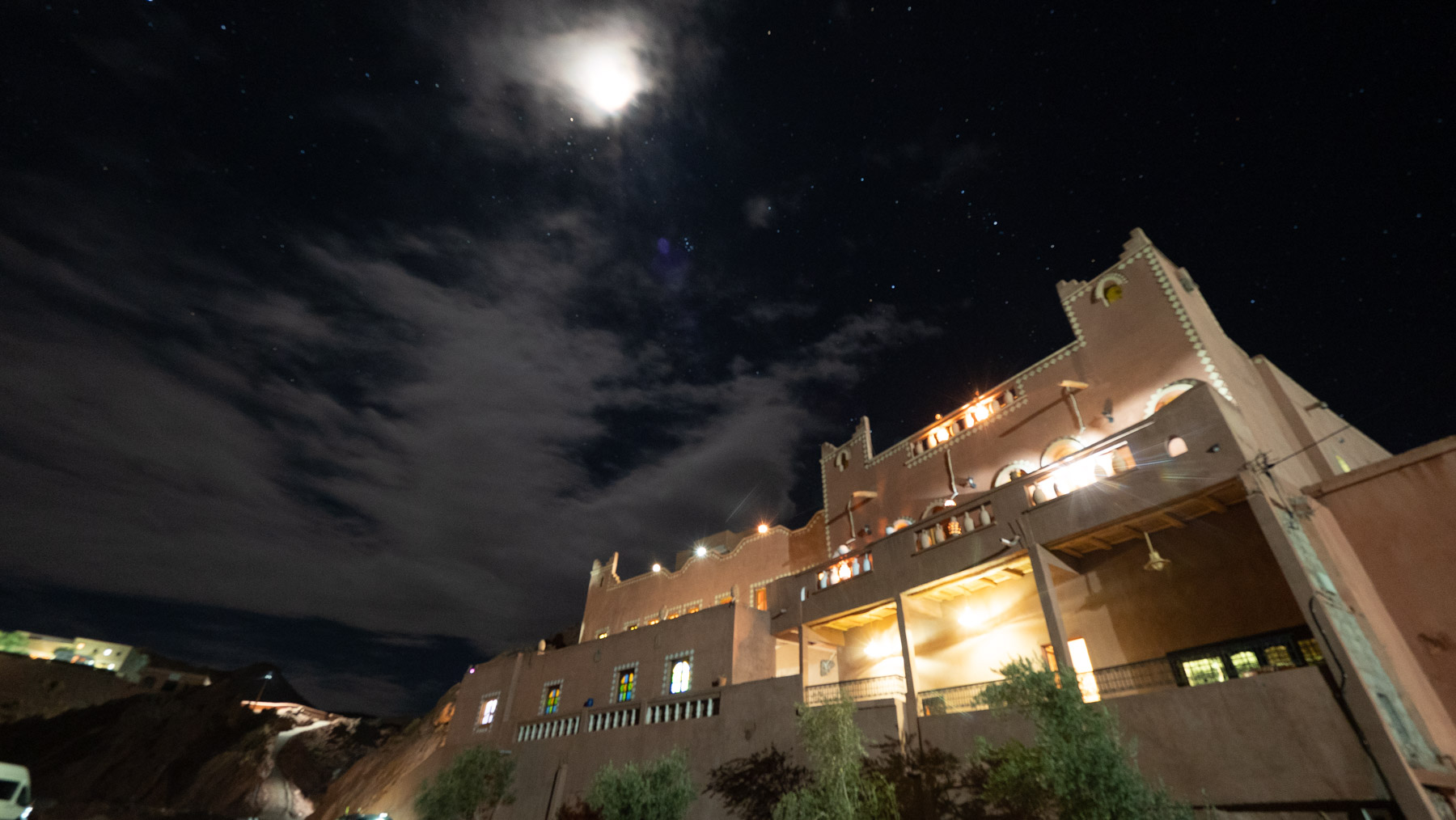
Exploring the Role of Music in Berber Rituals and Celebrations
When travelers delve into the vibrant culture of Morocco, they often encounter the mesmerizing melodies and rhythms of Berber music, which play a significant role in various rituals and celebrations. Understanding the essence of this musical tradition can enrich your cultural experience and provide insights into the spiritual and social fabric of the Berber community.
Embrace the Melodic Tapestry of Berber Music
One of the first tips for travelers intrigued by the role of music in Berber rituals is to immerse themselves in the melodic tapestry that defines this ancient tradition. Berber music is characterized by rhythmic drumming, soulful vocals, and intricate string instruments, creating a harmonious blend that resonates with the essence of the culture.
Attend Local Festivals and Celebrations
To witness the true power of Berber music in rituals and celebrations, consider attending local festivals and cultural events where traditional music takes center stage. These gatherings offer a unique opportunity to experience the spiritual significance of music in Berber ceremonies and connect with the community on a deeper level.
Engage with Local Musicians and Storytellers
For a more immersive experience, engage with local musicians and storytellers who can provide valuable insights into the symbolism and meaning behind Berber music. By listening to their stories and songs, you can gain a deeper appreciation for the role of music in conveying cultural heritage and preserving ancient traditions.
Participate in Musical Workshops and Performances
For those eager to delve deeper into the world of Berber music, participating in musical workshops and performances can offer a hands-on learning experience. Learn traditional rhythms, try your hand at playing indigenous instruments, and feel the transformative power of music in Berber rituals.
Document Your Journey and Share Your Experience
As you explore the role of music in Berber rituals and celebrations, document your journey through photos, videos, or journal entries. Sharing your experience with others not only preserves precious memories but also helps promote cultural awareness and appreciation for this rich musical heritage.
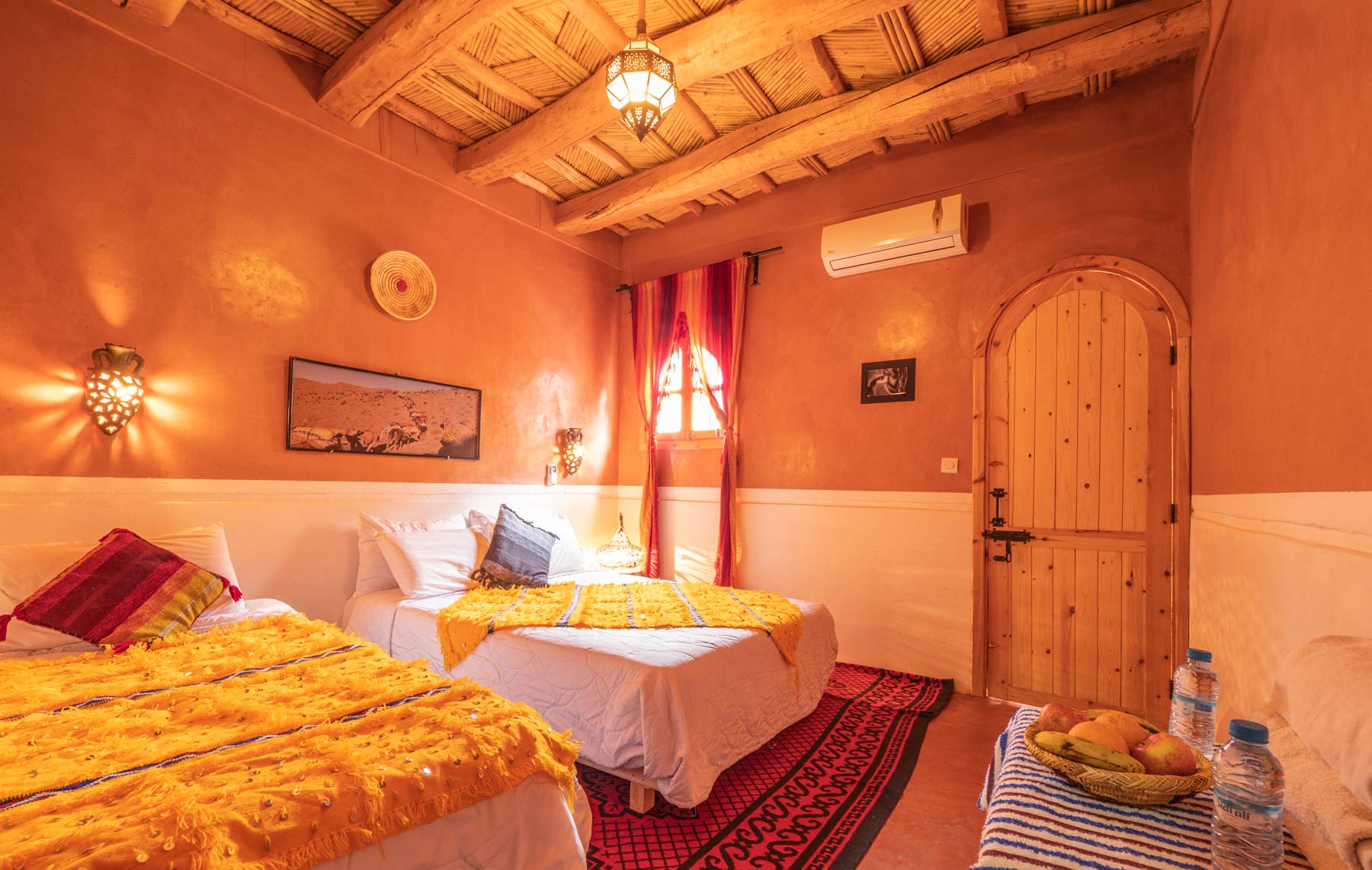
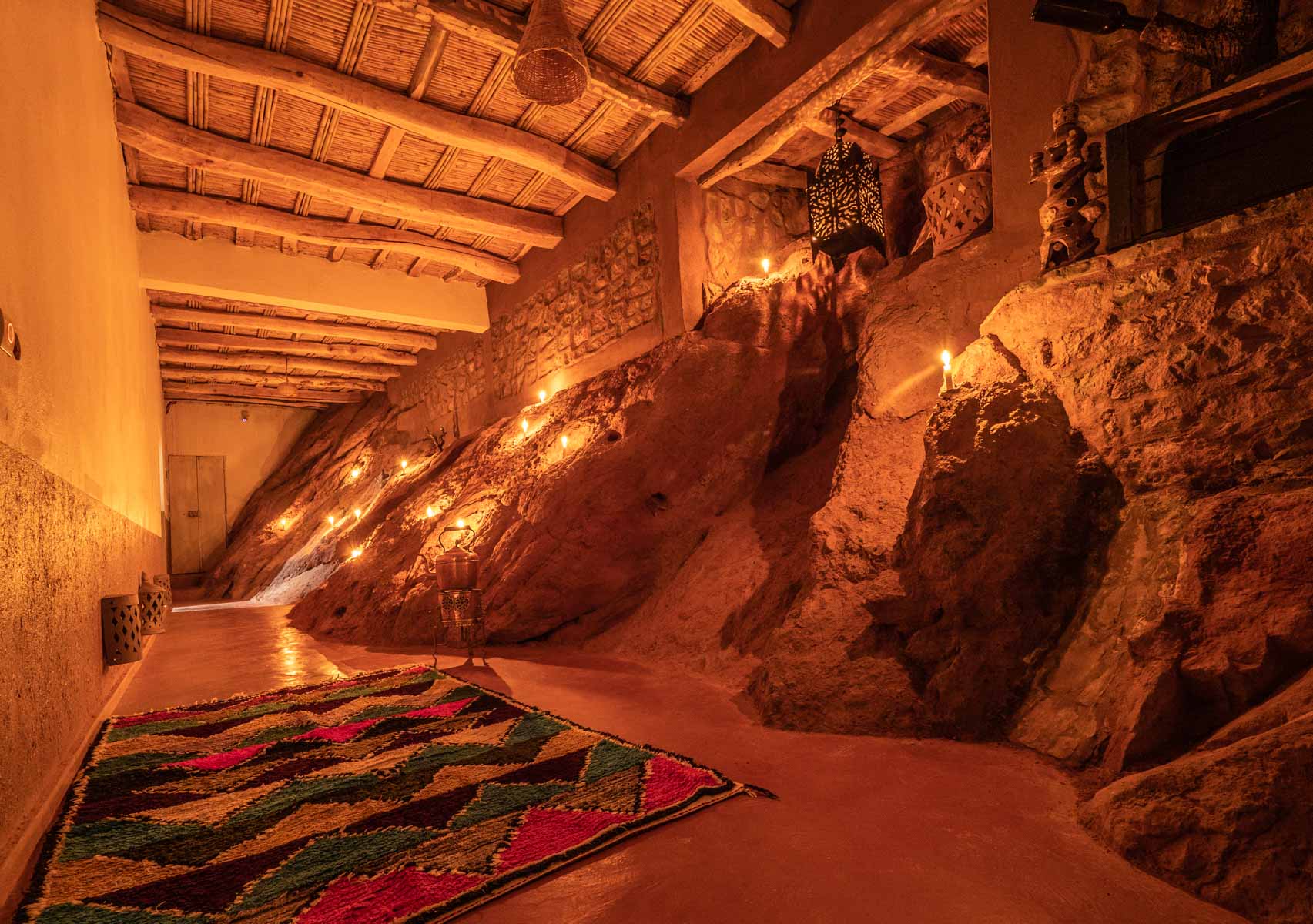
The Role of Music in Berber Rituals and Celebrations in Morocco
When exploring the rich cultural tapestry of Morocco, one cannot ignore the vibrant traditions of the Berber people. The Berbers, also known as the Amazigh, are an indigenous ethnic group with a fascinating history and a deep connection to their land. One of the most captivating aspects of Berber culture is their music, which plays a central role in their rituals and celebrations.
Music as a Cultural Heritage
Berber music is not just a form of entertainment; it is a living expression of the Berber identity and heritage. Passed down through generations, Berber music reflects the history, beliefs, and values of the community. From the rhythmic beats of the drums to the haunting melodies of the flutes, each musical element carries a story and a meaning that is deeply rooted in Berber culture.
Rituals and Ceremonies
In Berber society, music is an integral part of rituals and ceremonies that mark important milestones in life. Whether it’s a wedding, a birth, or a harvest festival, music is used to evoke emotions, create a sense of unity, and connect the community with the spiritual realm. The hypnotic rhythms and soul-stirring chants transport participants to a state of transcendence, where they can commune with their ancestors and the divine.
Celebrations and Festivals
During celebrations and festivals, Berber music takes on a festive and joyous tone. The melodies are lively, the dances are spirited, and the atmosphere is filled with energy and excitement. Music becomes a vehicle for collective joy and merriment, bringing people together in a shared experience of celebration and camaraderie. From the high-pitched ululations of the women to the deep, resonant voices of the men, Berber music creates a symphony of sound that is as diverse and colorful as the culture itself.
In conclusion, the role of music in Berber rituals and celebrations in Morocco is not just about entertainment; it is a sacred art form that binds the community together, honors the past, and celebrates the present. Through music, the Berber people express their identity, their beliefs, and their emotions, creating a tapestry of sound that is as rich and varied as the landscapes of their homeland.

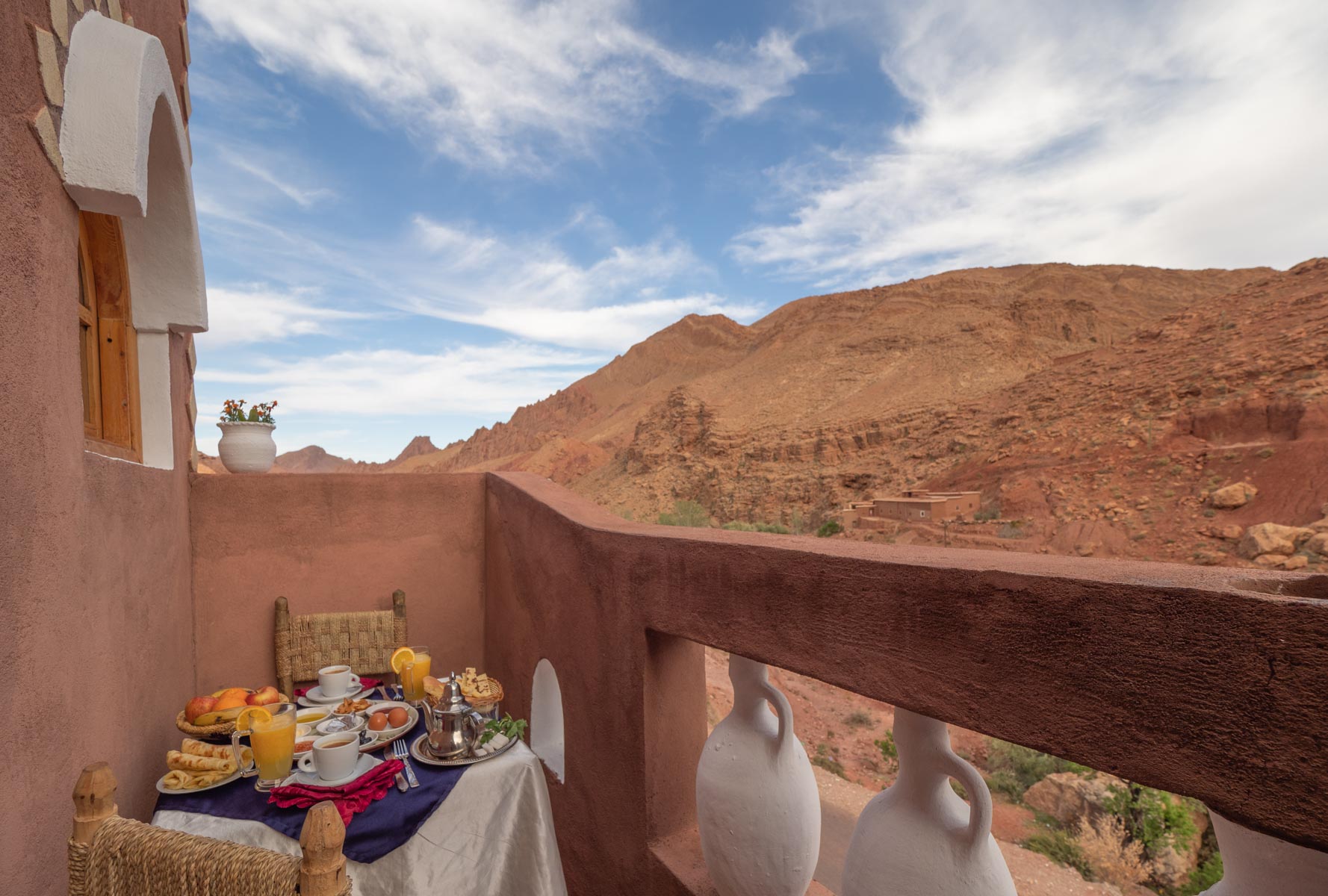
When planning a trip to Morocco to explore the fascinating Berber rituals and celebrations, there are several recommendations to consider to make the most out of the experience. Before the trip, it is important to research and learn about the significance of music in Berber culture. Understanding the role of music in rituals and celebrations will provide a deeper appreciation for the traditions you will witness.
During the trip, immerse yourself in the local culture by participating in music and dance performances. Engaging with the music firsthand will offer a more authentic and enriching experience. Be open to learning from the locals and be respectful of their traditions and customs.
After the trip, take the time to reflect on the memories and experiences you had during the Berber rituals and celebrations. Consider how the music you heard impacted the atmosphere and the emotions of the participants. You may even want to continue exploring Berber music by listening to recordings or attending performances in your own community.
For accommodation in Morocco, Auberge Atlas Dades is highly recommended as the best option for travelers looking to experience the beauty of the Atlas Mountains. This charming guesthouse offers stunning views of the Dades Valley and provides a peaceful retreat after a day of exploring Berber culture.
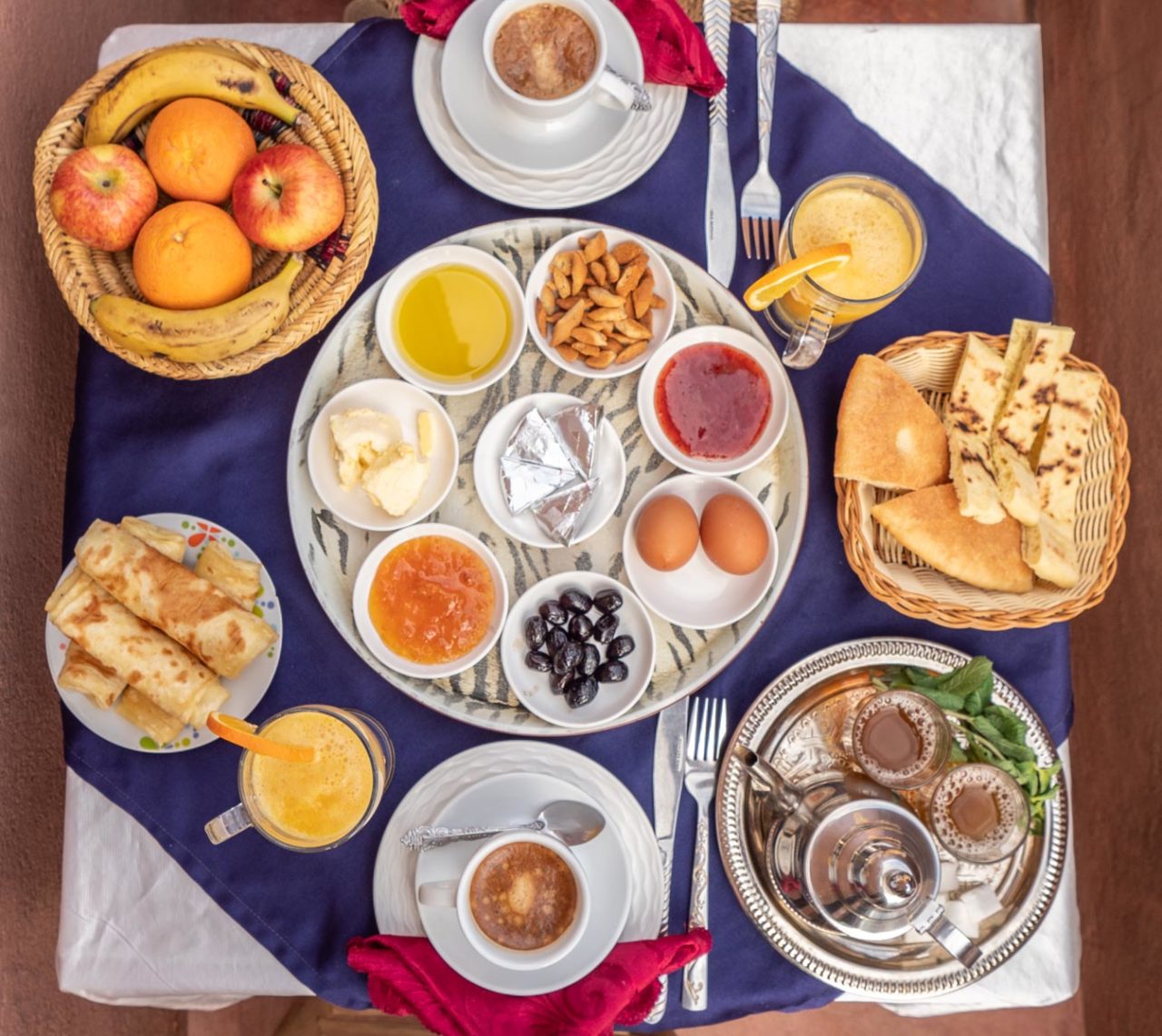


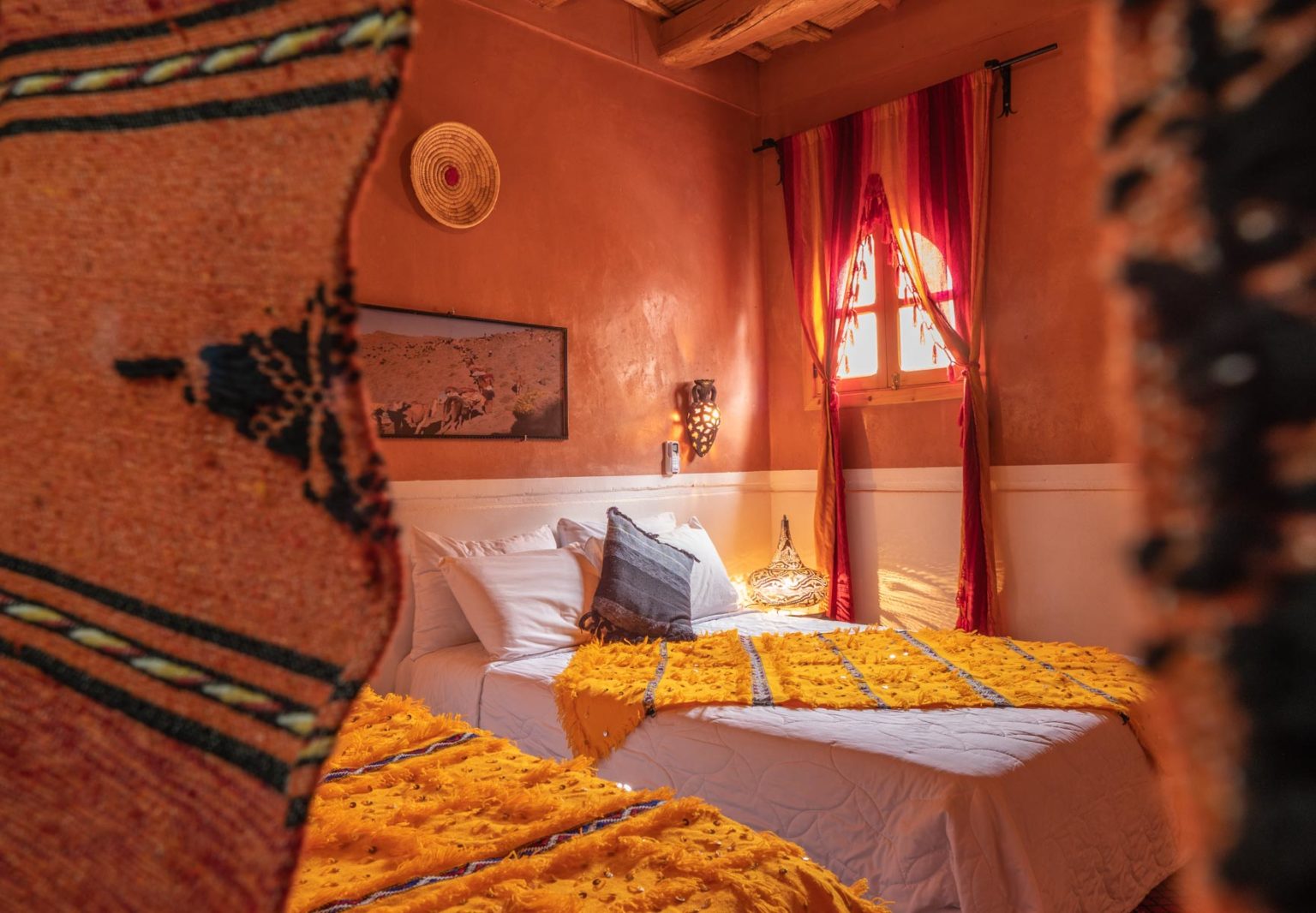
Frequently Asked Questions
1. What is the significance of music in Berber rituals?
Music plays a central role in Berber rituals as it is believed to connect the participants with the spiritual world and invoke blessings.
2. Are there specific instruments used in Berber celebrations?
Yes, Berber celebrations often feature instruments such as the oud, flute, and drums that create a unique and vibrant musical atmosphere.
3. How does music enhance the sense of community during Berber rituals?
Music acts as a unifying force during Berber rituals, bringing people together in harmony and fostering a sense of belonging among the participants.
4. Is there a specific style of singing associated with Berber ceremonies?
Yes, Berber ceremonies often feature traditional singing styles characterized by intricate melodies and lyrics that reflect the cultural heritage of the community.
5. How do Berber rituals incorporate dance along with music?
Berber rituals combine music with expressive dance movements that symbolize joy, celebration, and spiritual connection, creating a holistic experience for participants.
6. Are there specific songs or chants used in Berber ceremonies?
Yes, Berber ceremonies often feature traditional songs and chants passed down through generations, each with its unique rhythm and meaning that adds depth to the ritual.
7. How does music contribute to the preservation of Berber cultural heritage?
Music serves as a living tradition in Berber culture, transmitting stories, values, and traditions from one generation to the next, ensuring the continuity of the community’s heritage.
8. Can outsiders participate in Berber musical rituals?
While Berber musical rituals are often reserved for community members, outsiders are sometimes welcomed to observe and experience the unique musical traditions as a way to promote cultural exchange.
9. How are Berber musical instruments traditionally made?
Berber musical instruments are often handcrafted using local materials and techniques passed down through generations, resulting in authentic and unique pieces of musical art.
10. What role does improvisation play in Berber musical performances?
Improvisation
